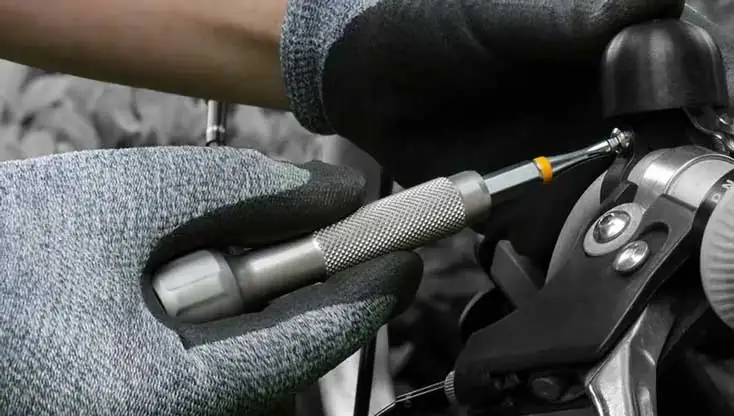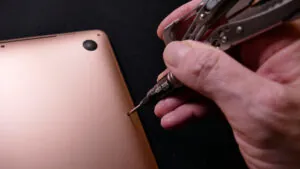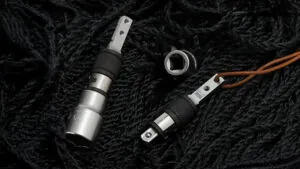Choosing the right multi-tool depends on your specific needs, preferences, and the types of tasks you plan to use it for. Here are some key factors to consider when selecting a multi-tool:
1. Primary Purpose
- Everyday Use: If you’re using the tool for general tasks like opening packages, minor repairs, or quick fixes, a compact, lightweight multi-tool with basic features like a knife, scissors, and screwdrivers is ideal.
- Outdoor/Survival: For camping, hiking, or survival scenarios, you might need a multi-tool with robust options like a saw, fire starter, pliers, and more durable materials.
- Professional/Technical Use: If you’re a tradesperson, electrician, or mechanic, look for multi-tools with specialized features like wire cutters, crimpers, wrenches, or a bit driver for precision tasks.
2. Essential Tools
Think about the specific tools you’ll need most often. Common tools include:
- Knife blade
- Pliers
- Wire cutters
- Screwdrivers (Flathead/Phillips)
- Scissors
- Bottle/can opener
- Saw or file
- Bit driver
- Tweezers
Choose a tool that includes the most useful ones for your activities.
3. Size and Portability
- Compact: Small multi-tools are great for everyday carry (EDC), fitting easily in your pocket or keychain.
- Full-size: These are bulkier but offer more robust tools and greater functionality. They’re better suited for heavy-duty tasks but might be less convenient to carry daily.
4. Build Quality and Materials
- Stainless steel is a common material for durability and rust resistance.
- Titanium or other high-end materials can be lighter and more durable but come at a higher price.
- Check for solid construction and reviews that mention tool longevity.
5. Ease of Use
- One-handed operation: Some multi-tools allow you to open and use the tool with one hand, which can be important in certain situations.
- Locking mechanisms: Look for a tool that locks blades or tools in place during use to avoid accidents.
6. Brand Reputation and Warranty
- Choose a brand with a reputation for high quality and good customer support, like Leatherman, Gerber, or Victorinox.
- A solid warranty can also offer peace of mind, especially for more expensive tools.
7. Budget
- Multi-tools range from affordable to premium, so consider your budget. While cheaper tools may get the job done for occasional use, investing in a high-quality multi-tool can be worth it if you use it frequently or in demanding situations.
8. Legal Considerations
- Depending on where you live, there may be laws around carrying knives or other sharp tools in public places. Make sure your chosen multi-tool complies with local laws.
By evaluating these factors, you can narrow down your options and choose the best multi-tool for your specific needs. If you’re still unsure, consider reading user reviews or asking for recommendations based on your intended use.



